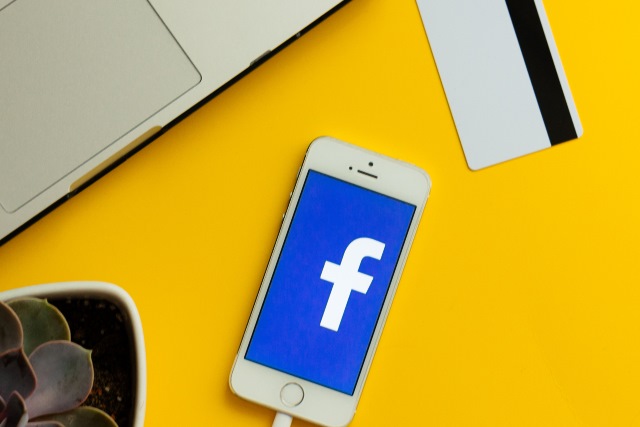
Facebook denies asking banks for your financial details
Facebook has rushed to deny allegations that it is in talks with banks with a view to gathering information about users' card transitions and other financial information.
The allegations came in a story in the Wall Street Journal which claimed the social networking giant had asked US banks to share information about their customers. Facebook is said to have told banks that information about customers could be used to offer further services to users, but at least one bank had been scared off by the privacy implications.

How to lock down Windows 10, block telemetry and kill unwanted features like Cortana and Bing-integration
Windows 10 has got over its early teething problems, and is now shaping up to be an excellent operating system. It might have taken a long while to get there, but the fact it’s about to overtake Windows 7 shows how far the new OS has come.
However, you only have to read one of our lively comments sections to realize there are plenty of people who still prefer Windows 7 and have no desire to switch to Windows 10. Those people typically aren’t fans of Microsoft’s telemetry gathering, forced adverts, and unwanted features, and I get that. However, there is a way you can quickly lock down the new OS and make it -- dare I say -- more like an updated version of Windows 7.

Avast pulls the latest version of CCleaner following privacy controversy
Piriform rolled out updates for CCleaner on a monthly basis, and this is something that has continued since Avast took over. The latest update, CCleaner 5.45, wasn’t at all well received due to a number of changes affecting privacy, and the company’s response to the matter proved to be unsatisfactory -- to say the least.
Now it seems that Avast has seen the light, and pulled the latest update. The current version available is 5.44. On its forums the company had this to say:

Avast responds to CCleaner controversy
Yesterday I wrote about why people might want to skip the latest version of popular system cleaning tool CCleaner. This isn’t the first time that I, and other long-time users, have expressed dissatisfaction in how the program is evolving under Avast.
Following yesterday’s piece, the Avast-owned Piriform -- CCleaner’s maker -- contacted me to clarify the situation. This is what the company had to say.

Warning: DO NOT install the latest version of CCleaner [Updated]
A month ago, I wrote about how I felt Avast was ruining CCleaner, the excellent system cleaning software it took over when it acquired Piriform last year.
In Avast's short tenure, we've already seen CCleaner suffer from malware, bundled software, and pop-up ads. In my article headline I asked "what’s next?" Well, with a new version of CCleaner available to download, we now have the answer. Inevitably, it's not good.

Businesses overestimate consumers' level of 'digital trust'
How much do you trust businesses with your data? A new report from CA Technologies reveals 48 percent of consumers have stopped using the services of an organization because of a data breach.
Yet the study, conducted by analysts Frost & Sullivan shows varying attitudes to data stewardship among businesses, with nearly half admitting to selling customer data, while claiming that data protection is paramount.

93 percent are worried about online privacy
Compared to a year ago 93 percent of people have the same amount or more concern about their online privacy.
This is according to a survey of of 1,000 people across the US by VPN comparison site TheBestVPN. It finds 51 percent are worried about their information being stolen by hackers, and 26 percent about companies collecting and sharing data.
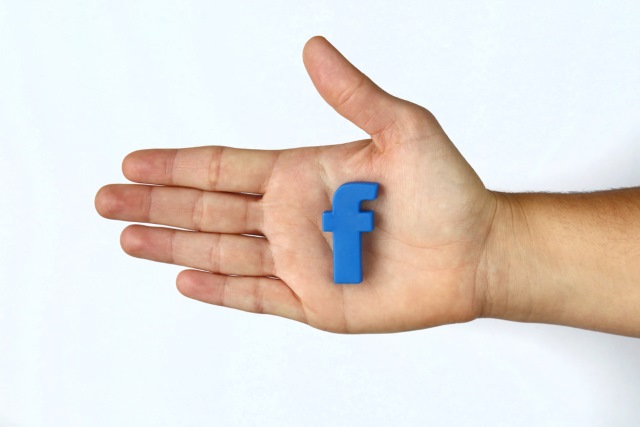
Facebook value plummets by $118bn and Zuckerberg's fortune drops $16bn following privacy scandal-fueled growth slowdown
Facebook shares and the personal fortune of Mark Zuckerberg took massive hits as the social network felt the impact of a growth slowdown and the fallout of recent privacy scandals.
The company issued a warning to investors about a deceleration of growth in its userbase, leading to a stock drop of around 20 percent. A drop in share price lowered the value of Facebook by a massive $118 billion -- a record-breaking one-day drop in the value of a company.
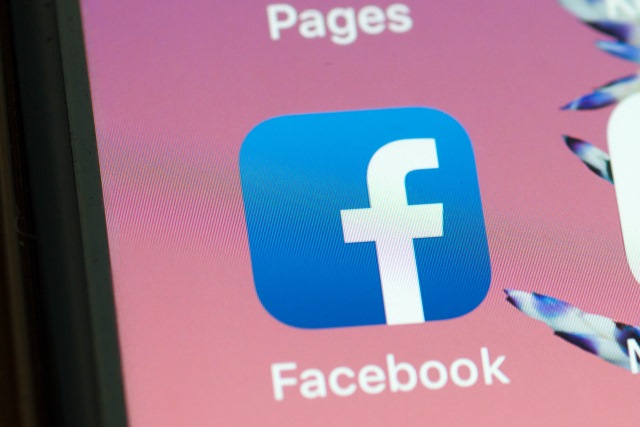
Privacy: Facebook suspends data analytics firm Crimson Hexagon
Facebook has severed ties with data analytics company Crimson Hexagon because of concerns about its links to the US government, Russia and Turkey.
In a move that has echoes of the Cambridge Analytica scandal, Facebook has suspended the company and blocked it from accessing user data because of fears about how that data is used. Crimson Hexagon claims to have gathered more than one trillion pieces of data about social media users, and there are concerns that this data could be used for surveillance purposes.

Google (sort of) redirects Duck.com to DuckDuckGo after complaints of anti-competitive behavior from its search rival
Google may have been slammed by Europe for using Android to dominate with its search engine, but this is not the only complaint that has been leveled at the company. Privacy-focused search rival DuckDuckGo has criticized Google for sending visitors to Duck.com to the Google search page.
Google owns Duck.com, but DuckDuckGo believes the company has been confusing users with the redirect. Now, following publicity of the issue, Google has relented and says it is introducing a new landing page that will give visitors to Duck.com the opportunity to jump to the DuckDuckGo search engine as well as other pages.

Gmail's new 'Confidential Mode' is flawed and misleading
Google recently rolled out a big update to Gmail, introducing a number of welcome new features.
One the big new additions is 'Confidential Mode' which you can enable from the compose window. This is designed to restrict how the emails you send can be viewed and shared, and you can also set an expiration date for messages. If you have the need to send and receive emails of a sensitive nature, then you might think this is the prefect solution. There’s just one problem -- messages sent using it aren’t confidential.
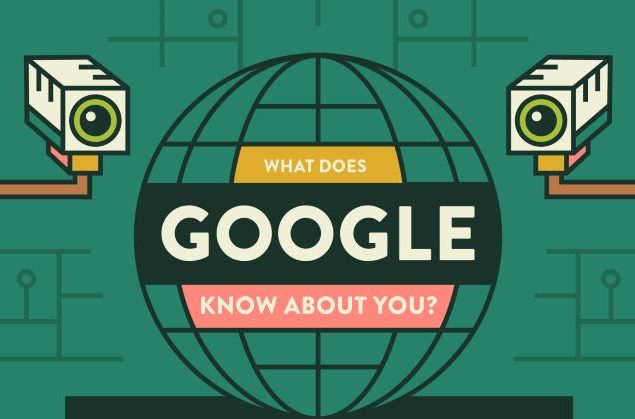
How much does Google know about you?
We all know that Google collects data and uses it to sell adverts. But just how well does Google know you?
VPN service comparison site TheBestVPN has created a full guide to how the corporation tracks you and what it does with the information.

Fitness app Polar Flow exposed names and locations of thousands of military, NSA and FBI staff
It's not all that long since fitness app Strava caused something of a security nightmare by inadvertently revealing the locations of numerous secret military bases. Now another app -- Polar Flow this time -- has gone a step further and revealed the names and home addresses of nearly 6,500 users.
A joint investigation by Bellingcat and Dutch journalism platform De Correspondent found that the app is "revealing the homes and lives of people exercising in secretive locations, such as intelligence agencies, military bases and airfields, nuclear weapons storage sites, and embassies around the world".
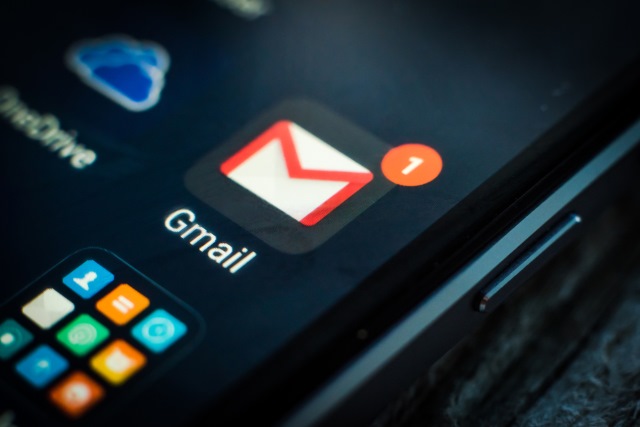
Google responds to Gmail privacy concerns: 'we're not reading your emails'
Another day, another privacy concern. Following a Wall Street Journal story about the access third party apps have to Gmail data, we wrote about how to stop it. While the WSJ did not really make any major new revelations, it did manage to reignite the conversation about privacy, and Google has responded to storm that has built up around it.
The company has used a blog post to respond to the concerns raised by the Wall Street Journal, insisting that it carefully vets any third party that has access to sensitive data. The task has been left to Suzanne Frey -- director of security, trust and privacy at Google Cloud -- to limit the damage caused by the article.

Privacy warning: Samsung phones are leaking photos to random contacts
If you have a Samsung Galaxy S9, S9+ or Note 8, you might want to check that your contacts haven't got hold of some of your photos. Some owners of the handsets are reporting that the Samsung Messages SMS app has been sending out images from their camera rolls to random contacts.
Worryingly, many people who were affected by the privacy-invading leaks were only made aware of the problem when their friends asked about the images they'd received -- the Messages app does not reveal that anything has been sent. Samsung says that it is aware of the issue and is investigating what is happening.
